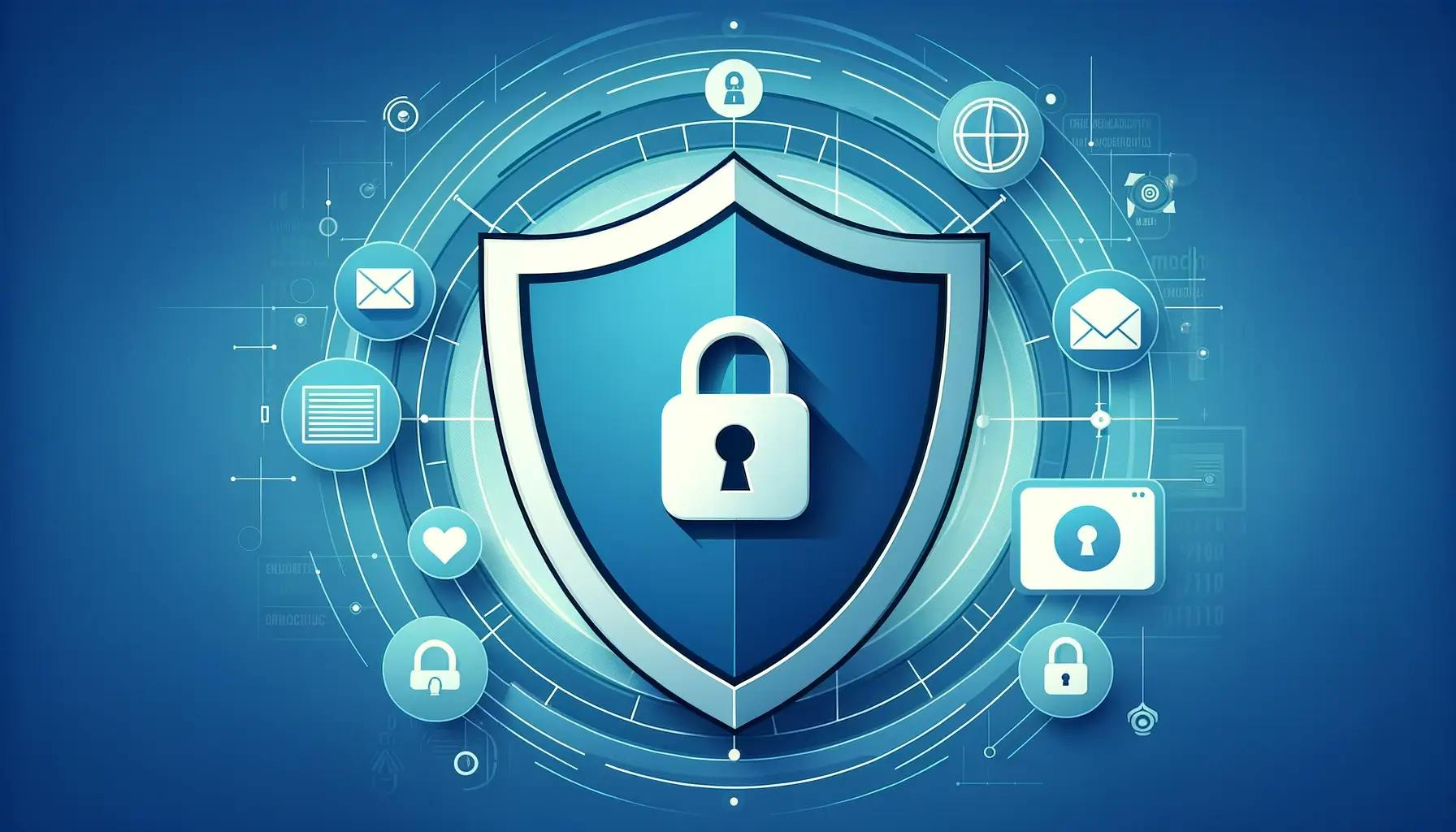
The Ultimate Guide to Internet Privacy
In an era where our lives are increasingly digitized, internet privacy has become a cornerstone of digital autonomy. This guide explores the significance of privacy online and provides actionable strategies for safeguarding personal information, emphasizing the role of temporary email services as an essential tool.
Why Privacy Matters Online
Privacy online is more than just keeping secrets; it's about personal freedom, security, and the right to control your own data. In the digital realm, your personal information, from browsing habits to financial details, is a valuable commodity. Here's why privacy should be a priority:
- Prevent Identity Theft: Personal information can be used to impersonate you, leading to fraud and theft.
- Avoid Targeted Ads: Companies track your online activity to target you with ads, infringing on your privacy.
- Protect Your Reputation: Private information, once leaked, can affect your reputation and future opportunities.
- Secure Communication: Ensuring your messages and interactions are private protects you from surveillance and eavesdropping.
Strategies for Protecting Your Personal Information
Protecting your online privacy requires a proactive approach. Here are strategies to keep your personal information secure:
Use Strong, Unique Passwords
Create strong, unique passwords for each of your online accounts. Consider using a password manager to securely store and manage your passwords.
Enable Two-Factor Authentication (2FA)
2FA adds an extra layer of security by requiring a second form of verification beyond your password, such as a code sent to your phone.
Regularly Update Software
Keep your operating system, browsers, and apps updated. Software updates often include security patches that protect against vulnerabilities.
Be Wary of Public Wi-Fi
Public Wi-Fi networks are less secure. Avoid accessing sensitive information or use a Virtual Private Network (VPN) for encryption.
Limit Social Media Sharing
Be cautious about what personal information you share on social media. Adjust your privacy settings to restrict who can view your information.
Use End-to-End Encrypted Messaging Apps
Opt for messaging apps that offer end-to-end encryption to protect the privacy of your conversations.
Browse in Incognito or Private Mode
Use incognito or private browsing modes to minimize the tracking of your online activities.
Consider Using a VPN
A VPN encrypts your internet connection, hiding your IP address and protecting your browsing activity from prying eyes.
The Role of Temporary Email Services
Temporary email services offer disposable email addresses that expire after a set period. They're a powerful tool for internet privacy:
- Reduce Spam: Use temporary emails for registrations or trials to avoid spam in your primary inbox.
- Protect Your Identity: Temporary emails keep your real email address private, reducing the risk of identity theft.
- Safeguard Against Data Breaches: In the event of a data breach, your primary email and associated information remain secure.
How to Use Temporary Email Services
- Select a Temporary Email Provider: Choose from numerous services offering temporary or disposable email addresses.
- Create a Temporary Email: Follow the provider's instructions to generate a new email address.
- Use It for Online Forms and Registrations: Whenever you're hesitant to give out your real email, use the temporary one instead.
- Dispose of It Responsibly: Once you're done, let the email address expire or delete it if the service allows.
Conclusion
Internet privacy is crucial for maintaining control over your personal information in the digital age. By adopting strong passwords, being cautious about the information you share, using secure communication tools, and leveraging temporary email services, you can significantly enhance your online privacy. Remember, protecting your digital footprint is an ongoing process that requires vigilance and proactive measures.